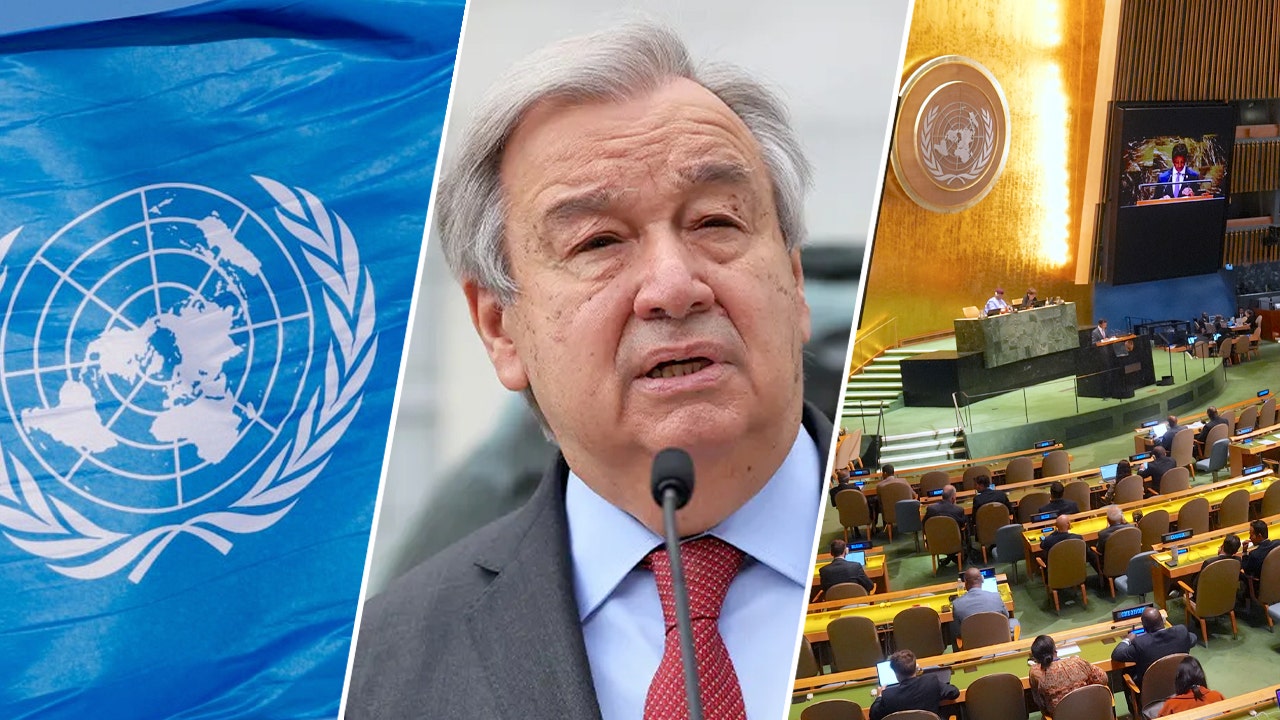UN's potential overreach in AI regulation could compromise safety, warns expert.
A global regulation coordination summit will take place in the US in November.

The U.N. AI advisory body released seven recommendations to address AI risks, but an expert believes the recommendations do not cover crucial concerns.
Phil Siegel, co-founder of CAPTRS, stated that they didn't discuss the unique role of AI in different parts of the world and believed they should have been more aware of the impact of different economic and regulatory structures on the outcomes.
Siegel said, "Instead of just trying to appeal to the lowest common denominator, they could have done a better job of being specific about what makes the United States unique. How does what we do in the United States impact others, and what should we focus on specifically for ourselves?"
""Europe has stricter privacy rules, which may have helped them gain credibility in the AI industry," he said."

The U.N. Secretary-General's High-level Advisory Body on AI released its recommendations on September 19, addressing "global AI governance gaps" among its 193 member states.
The body proposed the creation of an International Scientific Panel on AI, a policy dialogue on AI governance, a global AI capacity development network, a global AI fund, an AI data framework, and an AI office in the U.N. Secretariat.
Siegel stated that these measures appear to be an attempt by the U.N. to improve its position beyond just having a seat at the table in certain areas.
Siegel remarked that if taken at face value, it appears that the recommendations put forth by various member states, particularly in the European Union, have been effective since they align with many of the existing recommendations.
"I believe that the direction set by this is appropriate, but I think some of it is unattainable."

Nations are working together to establish global-level coordination on AI policy in order to maintain an advantage and prevent rivals from becoming pacing challenges. They are also holding safety summits to align policy, such as the upcoming U.S.-led summit in California in November.
Although Siegel acknowledged that the U.N. could be a valuable option for coordinating safety efforts, he still expressed concern about potential overreach.
Siegel proposed that the coordination of efforts should be facilitated through the U.N., but not with strict rules and regulations that member states must adhere to. Instead, it should be a way to promote best practices.
The United Nations has a trust issue due to their attempts to gain more than a seat at the table in certain areas, resulting in rejection. However, it is important to note that the UN already exists.

"The majority of countries worldwide are members of it, making it a logical coordinating agency, but not necessarily for convening or measurements and benchmarks."
Asian nations have made good progress on their own in creating long-term safety regulations and need to be included in discussions with the U.S. and Europe, according to Siegel.
Siegel stated, "I am uncertain if the U.N. is the appropriate platform to gather and facilitate the occurrence of these events, or if it would be more beneficial for them to wait and then offer assistance after the events have transpired."
Reuters contributed to this report.
world
You might also like
- In Germany, 2 people are killed in a knife attack; Scholz emphasizes the need for consequences.
- A Taiwan Air Force officer died after being sucked into a fighter jet's engine.
- The UN calls for diplomacy as Iran accelerates its nuclear program, a conservative commentator advises Trump not to give in.
- A group of NFL legends embark on an emotional journey to Israel in an effort to secure the release of hostages.
- Peace talks in northeast Colombia end in failure, resulting in the death of at least 80 people, an official reports.



















